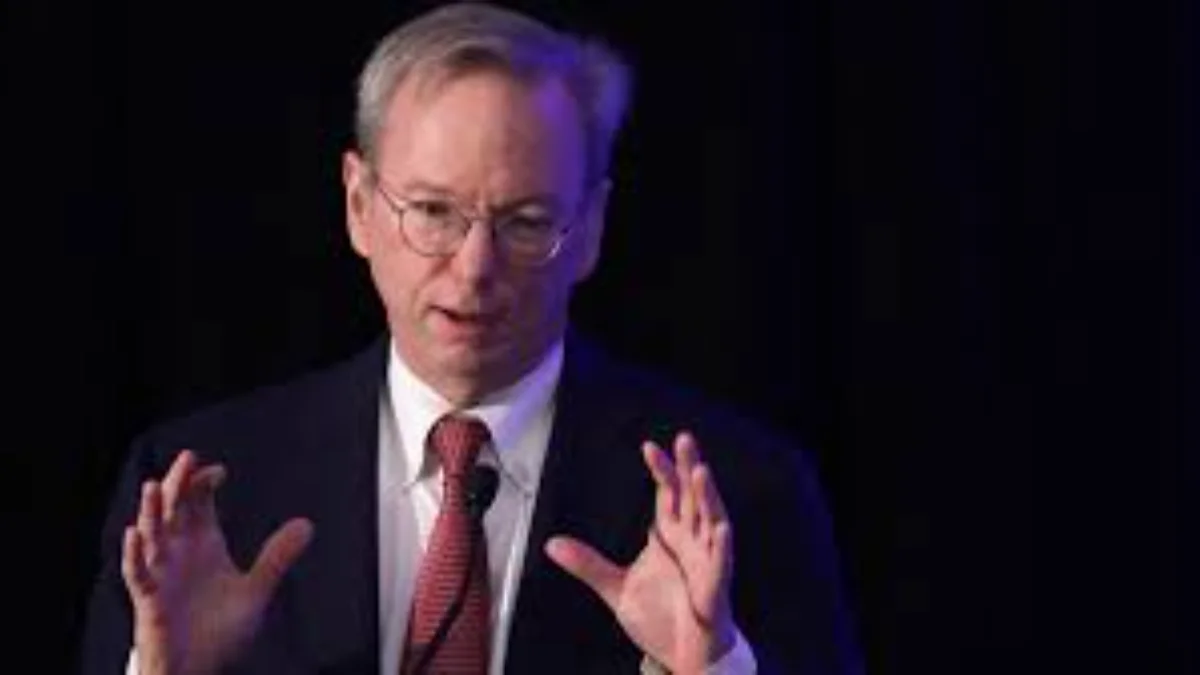When Eric Schmidt’s China warning made headlines, it reignited a debate that has been simmering for years: are American technology companies losing their edge to Beijing’s relentless AI march? Schmidt, former Google CEO and one of Silicon Valley’s most influential voices, argues the risk is no longer theoretical.
In a recent podcast, he urged firms to “remember who you compete with,” suggesting that U.S. tech culture, weakened by remote-first habits and fragmented focus, is ill-equipped for the scale and speed of Chinese innovation. His remarks are part cautionary tale, part rallying cry. This article examines the roots of his warning, expert reactions, and what it means for the future of American competitiveness.
The Core Issues: Strategy, Culture and AI Posture
Schmidt’s criticism revolved around two themes: culture and strategic focus. On culture, he said U.S. engineers are losing vital mentorship and collaboration by being scattered across remote setups. He suggested accountability suffers in such environments, slowing the pace of innovation.
On strategy, he pointed to a widening gap:
- China is applying AI to every sector consumer platforms, industrial robotics, and logistics while the U.S. often narrows its bets to proprietary breakthroughs in artificial general intelligence.
- Beijing’s ecosystem leans on open weights and shared training data, which accelerates adoption and creates global interoperability.
- The U.S. relies more on closed architectures, prioritizing exclusivity over scale.
These distinctions, Schmidt warned, tilt the balance toward China in areas where speed and breadth matter most.
Expert Insights and Reactions
Industry voices are split. Some agree with Schmidt, saying his call reflects an urgent reality. Venture capitalists have echoed his concerns, noting that innovation thrives under discipline. Others, however, argue that forcing rigid structures could undermine creativity and worsen retention problems already visible in Silicon Valley after waves of layoffs.
Critics also highlight contradictions in Schmidt’s own record. Reports suggest he has maintained close ties with Chinese AI ventures, complicating the weight of his alarm. Yet even skeptics admit his broader message holds weight: China is coupling AI with state-backed infrastructure, from electric vehicles to surveillance systems, creating a depth of integration the U.S. cannot ignore.
The tension recalls other sectors where global power shifts intersect with corporate strategy. For example, the Russian Banker Sergey Khotimsky’s $37M Atlanta Real Estate case shows how international wealth and influence flow into U.S. markets, reshaping dynamics far beyond tech.
Implications for U.S. Tech and Policy
Schmidt’s remarks have three clear implications:
- Cultural recalibration: U.S. companies may need to rethink remote-first models and find new ways to balance flexibility with accountability.
- Architectural choice: Open weights versus closed systems will shape global adoption, and falling behind risks long-term dependency.
- Policy urgency: Washington may face new pressure to expand funding, reform immigration for top engineers, and rethink export controls.
Meanwhile, investors are tracking these developments closely. Market confidence often mirrors geopolitical shifts, as seen in the Cipla Share Price Trading at ₹1600.50 Amid Strong Q1 FY26, where strong fundamentals reflect both domestic stability and global sentiment.
Conclusion
Eric Schmidt’s warning is more than a sound bite. It reflects a pivotal question for U.S. tech: can America adapt its innovation culture to meet the scale, speed, and ambition of China’s AI strategy? The answer will determine not only who leads in artificial intelligence, but how the next decade of technology is shaped.
If Silicon Valley fails to respond, the world may watch a slow but decisive transfer of momentum eastward.

